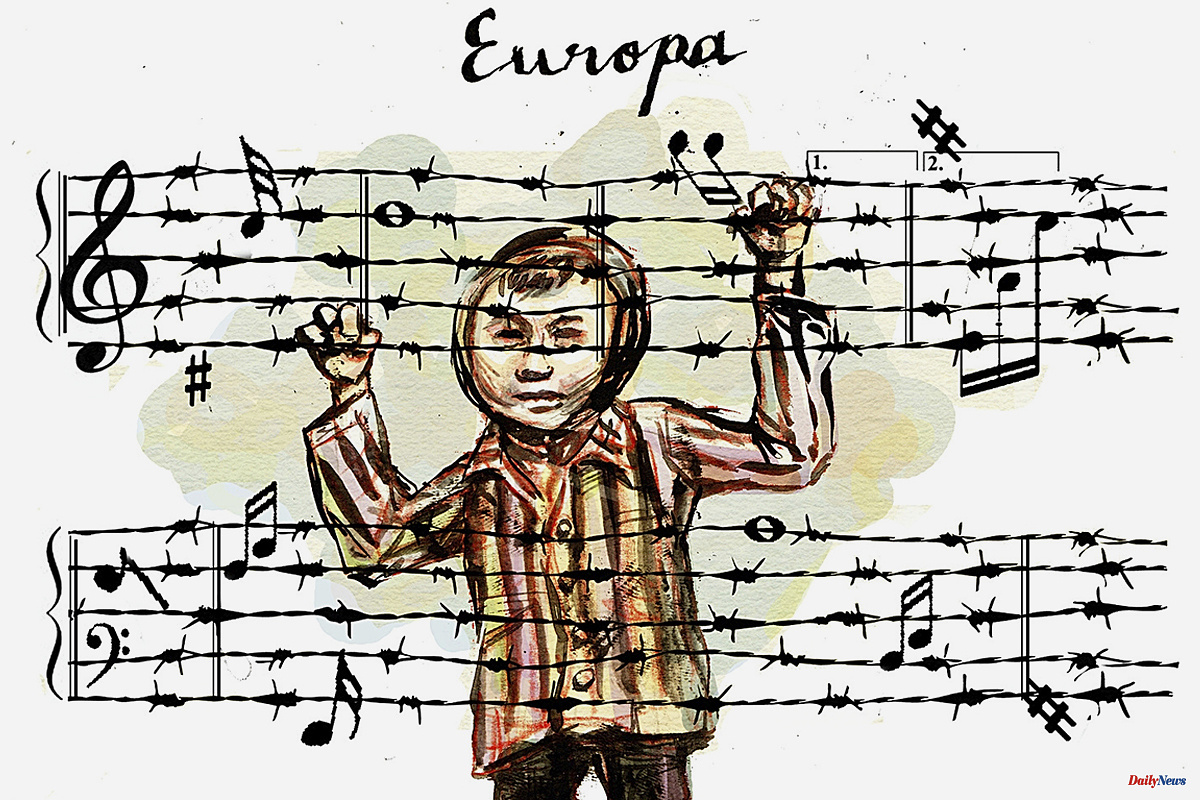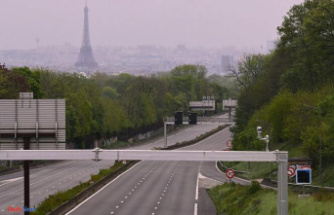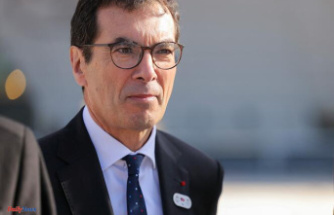Over the last two decades we have witnessed a steady expansion of interest from institutions and governments to introduce and participate in public Holocaust remembrance commemorations. State acts are currently celebrated in more than 42 countries on January 27, the anniversary of the liberation by the Red Army of the Nazi death camp at Auschwitz-Birkenau.
This initiative to make visible and promote reflection on this historic event poses important challenges. How to tell, think and give meaning to this tragedy in the present? A fundamental problem lies in the difficulty of effectively combining history and memory. That is, to convey the uniqueness of the Shoah (the destruction of Europe's Jewish communities) and at the same time incorporate and recognize the many non-Jewish victims of Nazi terror (among them, the Spanish republicans deported to Mauthausen and other camps) and , by extension, to groups that were persecuted by other criminal regimes. In Spain, let's not forget, the day was established as the Official Day for the Remembrance of the Holocaust and the Prevention of Crimes against Humanity.
The will to package history in an exemplary and generic memory risks diluting facts that are complex
We often hear that the only proper use of the past is one that transcends ethnic, religious, political, or national barriers. It is the "exemplary memory" coined by the philosopher and linguist Tzvetan Todorov, and which differs from a memory that does not lead beyond itself, of the affected group. The commemorations of January 27 pretend that the Holocaust and its lessons are universal, but they ignore a basic sociological axiom: all collective memory is particular. The events remembered happened to individuals who belong to specific groups, and each group endows the past with a meaning according to their identity and vision of the world (political, national, religious, etc.). The will to package history in an exemplary and generic memory runs the risk of diluting facts that are complex, subject to different teachings and that too often are reduced to a mere moralizing slogan.
In addition, the degree of institutionalization, mediatization, and ritualization of Holocaust memory public policies inevitably point to discrepancies between discourses about the past and present realities, and raise questions about their transitivity, that is, the possibility of applying lessons from the Holocaust by extension. to other contexts. To what extent do they push away the past instead of preserving its immediacy? Do they promote complacency instead of vigilance and action?
Two years ago, Borrell pointed out the always latent potential in each of us to become perpetrators.
On January 27, 2020, the then Minister of Foreign Affairs Josep Borrell faced the challenge of memory with a rare intervention in the act of State that the Spanish Senate hosts annually. Borrell recounted that, as a child, every Good Friday, he would walk the streets of his hometown in the Pyrenees with torches and rattles shouting "a matar jueus" (to kill Jews). What seemed like an innocent Easter tradition was nothing more than the dramatization of a medieval pogrom. Borrell boldly chose to avoid the ritualized slogans and warnings that often allow attendees a comfortable distance from one of the defining tragedies of the 20th century. He also understood that his role in the act was to go beyond an abstract identification and solidarity with the victims of the past. Instead, he questioned the audience and posed as a duty of memory something more difficult and demanding, but possibly much more necessary: to point out the potential, always latent, in each of us to become perpetrators, thus assuming, in the first person, the responsibility that this entails on a practical level.
*Alejandro Baer is Professor of Sociology at the University of Minnesota and María Zambrano researcher in the Department of Social and Cultural Anthropology at UNED. Carlo Tognato is a Research Associate at Yale University's Center for Cultural Sociology.
According to the criteria of The Trust Project












